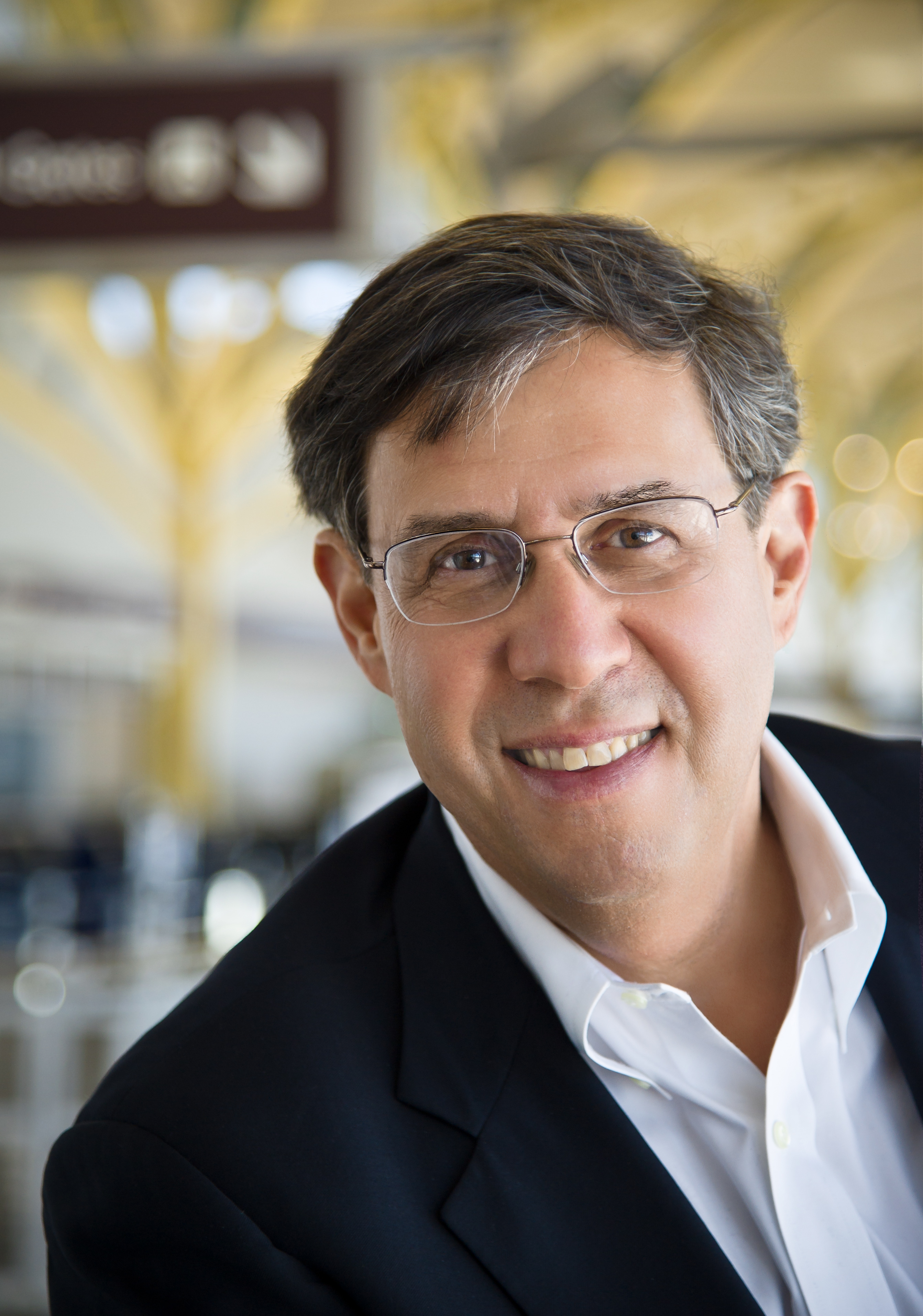About the Author: Mark Gerchick '73, P'13

Mark Gerchick
Home:
McLean, Virginia
Born:
New York, New York (October 14, 1952)
Education:
Scarsdale High School, Amherst College (1973), Harvard Law School (1977)
Why did you choose to come to Amherst?
Having grown up in suburban Westchester County and the environs of Manhattan, bucolic Amherst was strangely exotic, especially in those pre- shopping mall days. That first glimpse of Johnson Chapel at sunset on Route 9 from then-rural Hadley – a shining academy on a hill, apologies to Governor Winthrop by way of Ronald Reagan. Amherst felt like “college” and I applied early without hesitation – a little to the chagrin of my Ivy-educated mother who took a while to appreciate why I didn’t apply to Harvard.
Most memorable or most influential class and professor at Amherst:
G. Armour Craig’s Advanced Composition blew my synaptic connections when it came to writing and expression, and his elegantly -- and deceptively -- simple weekly essay questions remain with me: “what is your work?”; “what does it mean to testify?” (As it happened, Prof. Craig also taught my first-ever college class session -- English 11, in a first floor Chapel seminar room. On a warm September day in 1969, a month after Woodstock, his memorable first question was: “What does groovy mean?”) And I will never forget the remarkable Earl Latham, a flinty New Englander with the driest of dry wits who cherished unsentimentally the genius of the American Republic and the practical art of government and politics.
Research Interests?
The likely upending of the international airline industry by a new cohort of foreign mega-carriers – backed by what I call their “aerostates” -- is my current focus. But aviation and air travel aside, I’ve spent much of my career in or near Washington D.C.’s law-lobbying-media constellation and I’m fascinated by the ever-more-sophisticated use of “smoke and mirrors” communication to manipulate everyday social, commercial, and political relations. What does it say about true friendship, for example, when “friend” becomes a verb? Or for that matter, exactly do new airline bag-check fees “enhance consumer options”?
Favorite Authors
(In no particular order) David Foster Wallace, Norman Mailer, Kazuo Ishiguro, Bill Bryson, Annie Proulx, Evelyn Waugh, John McPhee, Hunter Thompson.
Tips for Aspiring Writers?
- Write what you know. It’s the oldest chestnut, but true. That said, finding what you know is another matter.
- “Kill your darlings” – another well-worn classic. It takes courage, but deleting that precious phrase or conceit can be liberating. Repeat to yourself: “just say what you mean.”
- Be passionate about your subject – you will be living with it for months and years.
- Research, research, research. It’s all in getting the details and getting them accurately.
- Get up from the screen often. Take walks. Do back exercises.Don’t try to write all day.
Path to Becoming an Author
My good fortune is to come from a family of writers and careful listeners. What with a mother who wrote Broadway theater reviews and magazine pieces and a Freudian psychiatrist father, words were important in our house, and writing a more-than-honorable aspiration. Amherst did much to teach me writing, in class and perhaps more as a senior Student editor.
My first post-Amherst job was as a local reporter with the Miami Herald, covering zoning fights and county courthouses – the very year that Watergate made journalism not just respectable but downright heroic. Wanting ultimately to head to Washington to cover the Supreme Court – New York Times writer Anthony Lewis was a role model--law school loomed.
I underestimated law school’s socializing power, though, so when I did find my way down to Washington, JD in hand, it was not as the writer I had started out to be. Instead, I had learned to write “like a lawyer” – and partly unlearned how to communicate like a human being.
My path from big-firm lawyer to author passed through losing and winning Presidential campaigns (mostly losing), political appointments at the Federal Aviation Administration and the Transportation Department, and founding an aviation consulting firm. I tried to follow two rules drawn from personal experience: avoid doing any one thing for more than seven years or so, and keep asking “what’s worth doing?” Ultimately, I found myself in a place with enough confidence, knowledge, and thick skin that I could return to the audacity of writing the way I really wanted -- less constrained by technical precision or the strategic use of words -- the way “real people” communicate. It’s been more than a little liberating.